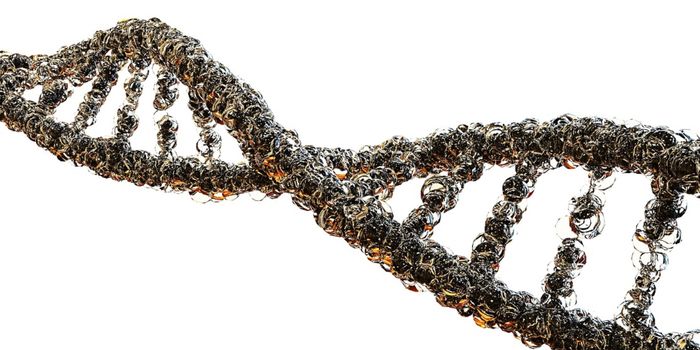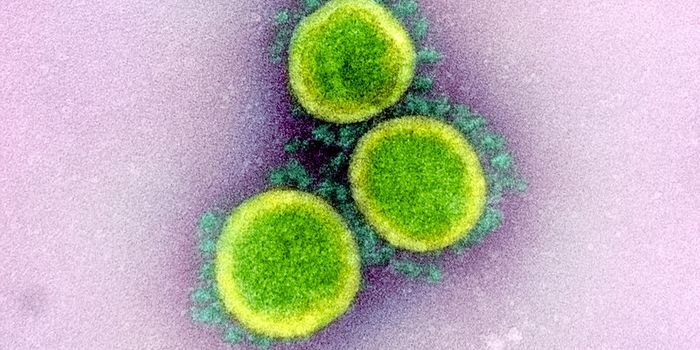Whether spontaneous or due to genetic predisposition, occurrence of pulmonary hypertension is very detrimental to heart health, and there is currently no cure for this condition. However, a newly created gene therapy is giving scientists, doctors, and families of pulmonary hypertension patients hope for a brighter future free from this disease.
Pulmonary hypertension is a rare disease that is characterized by high blood pressure in the blood vessels leading to the lungs. When the heart, lungs, and tissues are not receiving enough oxygen and nutrients from proper blood flow, heart failure can occur. However rare pulmonary hypertension is, it does rapidly progress and disproportionately affect females over men, with about 72 percent of cases being in females. Additionally, current studies show that over half of people receiving a pulmonary hypertension diagnosis will die within five years from the disease.
Patients with pulmonary hypertension usually experience shortness of breath, dizziness, and fatigue as a result of a lack of oxygen to the body’s tissues. Current treatments include calcium channel blockers to decrease blood pressure, diuretics to get rid of excess fluid that might be putting pressure on the heart, and blood thinners to prevent clots.
Pulmonary hypertension usually stems from a disruption in the architecture of the blood vessels leading to lungs, prompted by an unusual accumulation of calcium deposits in the vascular cells. A pump called the “sarcoplasmic reticulum calcium ATPase pump” (SERCA2a) can be used to prevent calcification of the vascular cells, and the gene coding for SERCA2a is the primary component of the novel, experimental gene therapy presented in the study by researchers from Mount Sinai School of Medicine, Brigham & Women's Hospital, and Centro Nacional de Investigaciones Cardiovasculares Carlos III.
The current study describes trials the large animal, Yorkshire swine model, after past studies completed in rodent models of disease were successful. Researchers are hopeful that after a few modifications are made to ensure safety and lasting effectiveness, the technology will be cleared for human clinical trials.
Scientists looked at 20 pigs, a species which serves as a clear model of human pulmonary hypertension. Half of the pigs received a viral vector with the SERCA2a gene, while the other half received a saline spray as a control. The viral vector is an aerosolized adeno-associated virus designed to carry the gene for pulmonary hypertension therapy. This gene therapy is designed to be effective by “remodeling” the vasculature with the help of extra SERCA2a proteins.
After two months, pigs who received the SERCA2a gene showed both improved heart and lung function as well as a reduction in any abnormal cellular changes seen beforehand that were contributing to the progression of pulmonary hypertension, ensuring that there was indeed a “sustained beneficial impact.”
"I'm excited that there is a potential new treatment for patients with this deadly disease," said study leader Roger J. Hajjar, MD. "By tailoring the gene therapy, it looks like we can halt the proliferation of smooth muscle cells in the blood vessels. This should help restore function and improve survival in human patients."
The study is published in the
Journal of the American College of Cardiology.
Sources:
Mount Sinai Hospital/Mount Sinai School of Medicine,
Pulmonary Hypertension Association,
Journal of the American College of Cardiology









